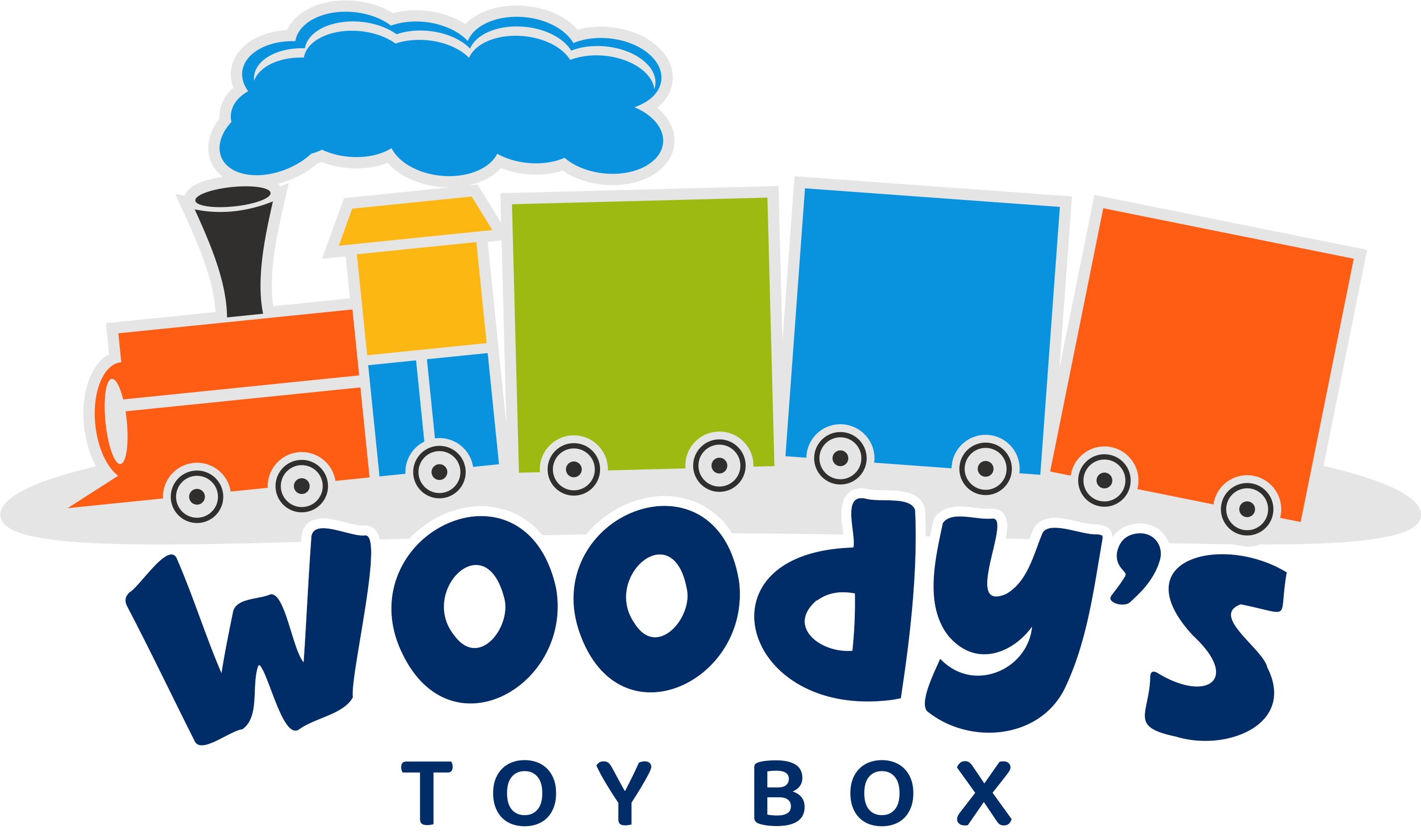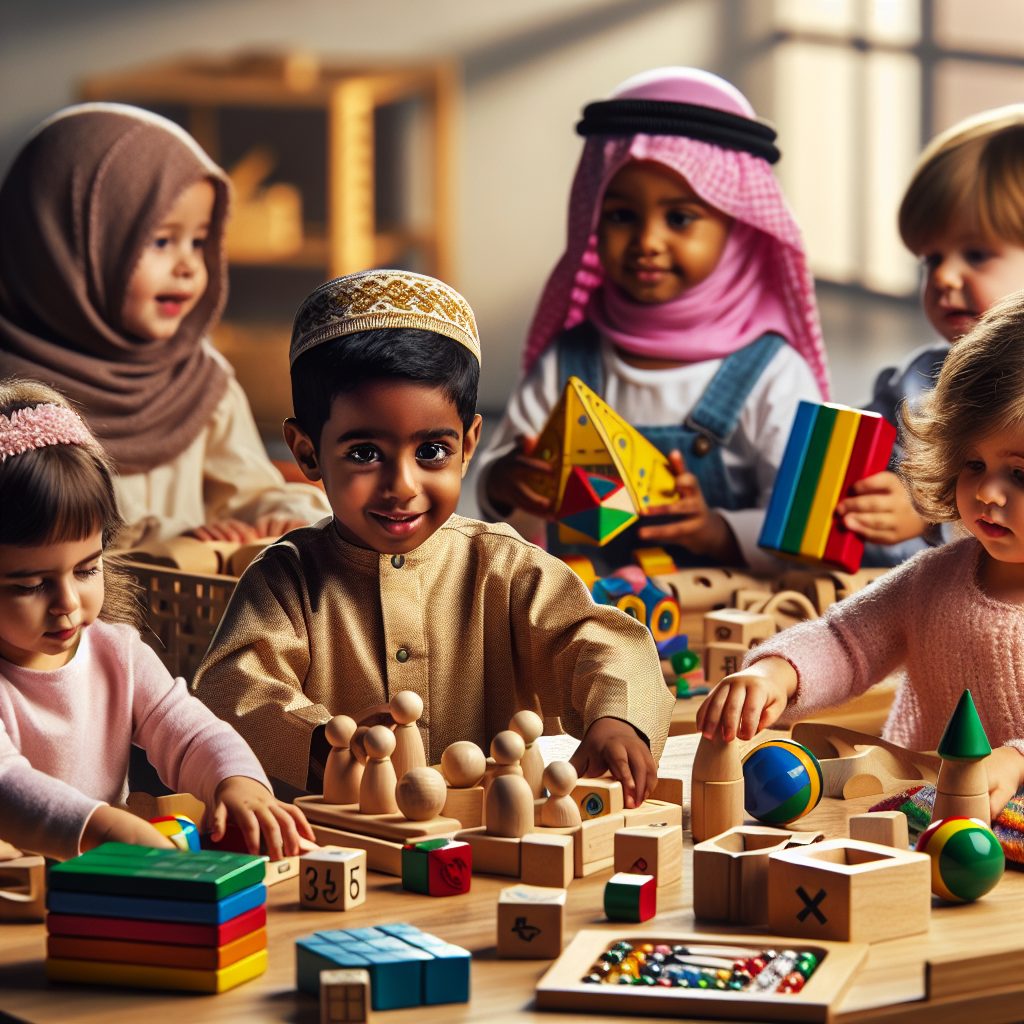Montessori Toys, also known as educational toys, have gained popularity in recent years for their unique benefits in early childhood education. These toys are inspired by the Montessori method, an educational approach developed by Dr. Maria Montessori in the early 20th century. The Montessori method emphasizes a child-centered learning environment and hands-on experiences, and these principles are reflected in the design and features of Montessori toys.
One key feature of Montessori toys is their focus on fostering independence and self-directed learning. Unlike traditional toys that may have predetermined outcomes or limited possibilities, Montessori toys encourage open-ended exploration and creativity. By allowing children to take the lead in their play, these toys promote autonomy and decision-making skills. Moreover, Montessori toys are often designed with a specific learning objective in mind, such as developing fine motor skills or promoting sensory exploration. This intentional design helps children learn and grow through play in a structured and purposeful way.
Moving on to the key takeaways, exploring the educational benefits of Montessori toys can significantly enhance a child’s cognitive, social, and emotional development. Firstly, these toys provide opportunities for hands-on learning, allowing children to actively engage with their environment and develop problem-solving skills. Secondly, the open-ended nature of Montessori toys encourages creativity and imagination, fostering a love for learning and exploration. Lastly, the emphasis on independence and self-directed learning fosters important life skills such as self-confidence, resilience, and decision-making abilities. By recognizing the unique impacts and features of Montessori toys, parents and educators can better understand the benefits they offer in supporting a child’s holistic development.
Key Takeaways
1. Montessori toys provide hands-on and sensory learning experiences, fostering creativity, problem-solving skills, and intellectual development in children.
2. These toys encourage independent play and self-directed learning, promoting autonomy, confidence, and self-esteem.
3. Montessori toys emphasize open-ended play, allowing for unlimited possibilities and imagination, while encouraging children to explore and discover at their own pace.
4. The use of Montessori toys can enhance fine motor skills, coordination, concentration, and perseverance in children, laying a solid foundation for future academic success.
5. Incorporating Montessori toys into learning environments supports holistic development, including cognitive, physical, social, and emotional aspects, helping children develop a lifelong love for learning.
What are the Educational Benefits of Montessori Toys?
Enhancing Sensorial Development
Montessori toys are specifically designed to stimulate children’s senses, promoting sensory exploration and development. These toys engage various senses such as touch, sight, hearing, and even smell. By incorporating different textures, colors, and sounds, Montessori toys provide children with a multisensory experience that enhances their sensory perception and helps strengthen neural connections in the brain.
Promoting Cognitive Skills
Montessori toys are not just about play; they are strategically created to support the development of essential cognitive skills in children. These toys encourage problem-solving, logical thinking, and decision-making abilities. They often involve puzzles, building blocks, and sorting activities that require children to analyze, strategize, and find solutions. Through these interactive experiences, Montessori toys foster critical thinking and enhance a child’s cognitive capabilities.
Fostering Creativity and Imagination
Montessori toys are known for their open-ended nature, allowing children to explore their imaginations and unleash their creative potential. Unlike traditional toys with pre-determined functions, Montessori toys leave room for children to use their creativity and come up with unique ways to play. These toys can be transformed into various objects or serve different purposes, encouraging imaginative thinking and problem-solving skills.
Developing Fine Motor Skills
Montessori toys are often designed to improve children’s fine motor skills, which are crucial for tasks like writing, drawing, and self-care activities. These toys involve activities that require precise hand-eye coordination and manipulation, like threading beads, stacking blocks, or using tweezers. By engaging in these hands-on activities, children develop their hand muscles, hand-eye coordination, and dexterity, laying the foundation for future tasks that demand fine motor skills.
Encouraging Independence and Self-Direction
One of the key principles of Montessori education is to promote independence and self-directed learning. Montessori toys align with this philosophy by empowering children to make choices and explore at their own pace. These toys are often designed to be self-correcting, allowing children to identify and rectify their own mistakes. By offering autonomy and freedom within play, Montessori toys foster a sense of independence, self-confidence, and self-motivation in children.
Stimulating Social and Emotional Development
While Montessori toys primarily focus on individual learning, they also play a role in fostering social and emotional development. Many of these toys encourage cooperative play, turn-taking, and sharing, which are essential social skills. Additionally, as children engage with these toys, they learn to manage their emotions, engage in pretend play, and develop empathy towards others. Montessori toys create a well-rounded learning experience that encompasses social and emotional growth alongside cognitive development.
Conclusion
1. How can Montessori toys enhance sensory development?
2. What cognitive skills can Montessori toys promote?
3. In what ways do Montessori toys foster creativity and imagination?
4. How do Montessori toys contribute to the development of fine motor skills?
5. How do Montessori toys encourage independence and self-direction?
6. What role do Montessori toys play in stimulating social and emotional development?
These are some of the questions you can consider for a more comprehensive understanding of the educational benefits offered by Montessori toys. Remember, the learning experiences provided by these toys extend beyond mere play, contributing significantly to a child’s overall development.
Frequently Asked Questions
1. Are Montessori toys only for toddlers?
No, Montessori toys are suitable for children of various age groups. They are designed to encourage independent learning and hands-on exploration, making them beneficial for children of all ages.
2. How do Montessori toys promote educational development?
Montessori toys are specifically designed to promote educational development by fostering key skills such as concentration, problem-solving, creativity, and fine motor skills. They provide opportunities for children to learn through play and self-discovery.
3. Can Montessori toys be used in schools and homeschooling?
Absolutely! Montessori toys are widely used in both traditional schools and homeschooling environments. They can be incorporated into lesson plans and educational activities to enhance learning experiences and engage students.
4. Are all Montessori toys made of natural materials?
While many Montessori toys are made of natural materials like wood, there is a range of options available. Some Montessori toys may also incorporate other child-safe materials such as fabric, metal, or even plastic, as long as they align with the principles of simplicity and functionality.
5. Are Montessori toys expensive?
Montessori toys are available at various price points to accommodate different budgets. While some Montessori toys may carry a higher price tag, you can also find affordable options that offer the same educational benefits.
6. Do Montessori toys require parental guidance?
Montessori toys are designed to be self-guided, allowing children to explore and learn independently. However, parental guidance and involvement can further enhance the educational benefits of these toys by providing guidance, encouragement, and facilitating learning experiences.
7. Can Montessori toys replace traditional educational tools?
Montessori toys can be a valuable addition to traditional educational tools, but they are not meant to replace them entirely. They offer a different approach to learning and can complement traditional educational methods by providing hands-on experiences and promoting critical thinking.
8. Are Montessori toys only beneficial for cognitive development?
No, Montessori toys offer holistic development benefits. Along with cognitive development, they also encourage social, emotional, and physical development. These toys provide opportunities for children to practice skills such as communication, decision-making, and coordination.
9. How can Montessori toys be used in a home setting?
Montessori toys can be easily incorporated into a home setting. Creating a dedicated play area with a selection of Montessori toys allows children to engage in independent play and learning. Parents can also use these toys to encourage exploration and facilitate educational activities at home.
10. Can Montessori toys be used for children with special needs?
Absolutely! Montessori toys can be beneficial for children with special needs as they promote learning in a hands-on and individualized manner. These toys offer opportunities for sensory exploration, motor skill development, and building self-confidence.
Final Thoughts
Exploring the educational benefits of Montessori toys opens up a world of possibilities for children’s learning and development. The emphasis on independent learning, hands-on exploration, and holistic development makes Montessori toys a fantastic addition to any educational setting. Whether it’s in schools, homeschooling environments, or the comfort of a home, these toys offer engaging and enriching experiences for children of all ages and abilities. By providing children with the opportunity to learn through play and self-discovery, Montessori toys empower them to become active participants in their own education and foster a lifelong love for learning.
So, if you’re looking for educational toys that not only captivate your child’s imagination but also nurture their growth across various developmental domains, consider embracing the educational benefits of Montessori toys. Allow your child to embark on a journey of curiosity, exploration, and self-discovery, laying a solid foundation for lifelong learning and success.

